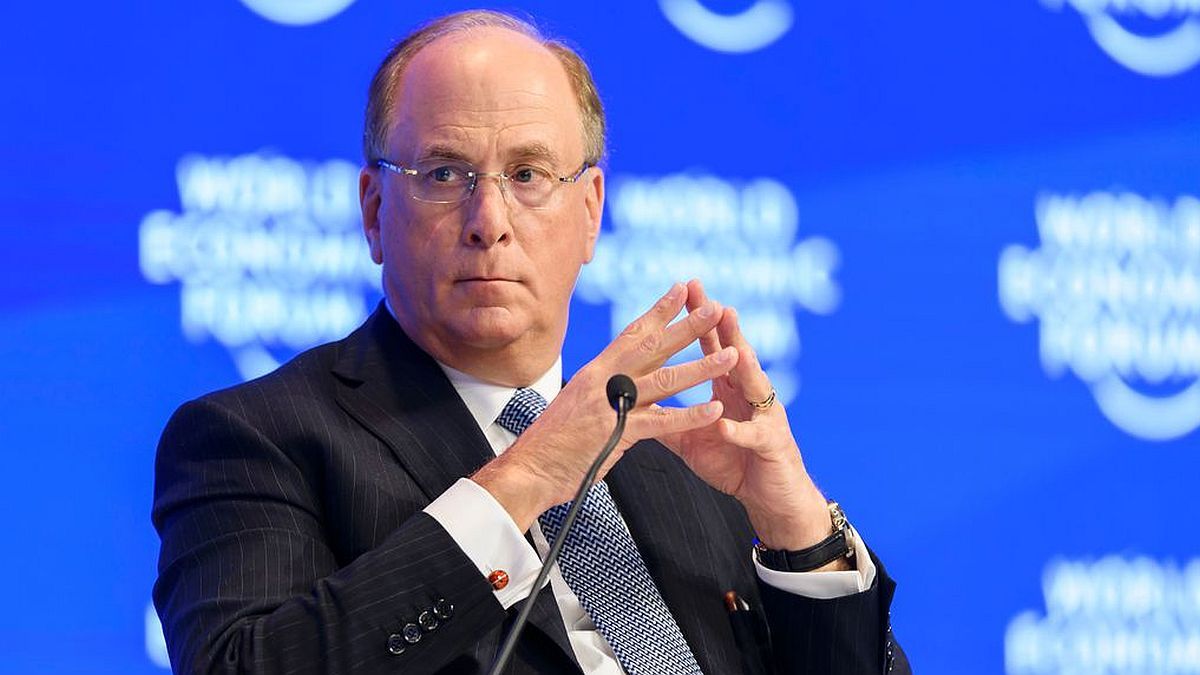The Government completely stopped support items for industry and SMEs. Programs such as Supplier Development, Industrial Parks and Competitiveness Support, among others, They have a budget execution of 0%. The cut even reaches initiatives that have financing from multilateral organizations and occurs in the midst of one of the most accelerated crises that the sector is experiencing. In the Government they allege that they inherited a disorderly management and with lack of funds. Businessmen ask to discuss industrial policy.
Ámbito was able to corroborate that in this recessive framework, the Government completely stopped disbursements in the most relevant programs that were intended to promote initiatives in the sector. The Supplier Development, Industrial Parks and Competitiveness Support, among others, have so far zero budget execution.
These initiatives were focused on promoting exports, import substitution, providing training, promoting the digitalization of companies and improving competitiveness. The data that this media was able to access comes from the official portaltrabajoabierto.gob.ar.
According to business sources, the paralysis even impacted some projects that were already underway and whose assessment by the sector was positive. “For us they were very important, we would like to discuss this cut with the authorities,” said Marcelo Fernández, president of the General Business Confederation of the Argentine Republic (CGERA).
From the Ministry of Commerce, which still has the functions of the industry area in its organizational chart, they explained that “the DNU included the fall of the Buy National program and the Development of Suppliers, which constituted non-refundable subsidies.” They pointed out that “That money was not aimed at generating employment.”
In addition, they alleged that upon reaching management they were presented with “a very large number of disorderly situations such as signed files but that the previous management decided not to pay” and that they are working on “a simplification agenda to eliminate bureaucratic obstacles and large projects. of production and investment with sectors such as oil, gas, mining and forestry industry.” They also say that they found the National Productive Development Fund “without money.”
Project paralysis
Sources from the sector confirmed to this medium that, as in many other areas of the Government, in the undersecretary of small and medium-sized enterprises, projects that have financing from multilateral credit organizations were paralyzed.
Pablo Bercovich, director of the Marca PyME Consulting Company and former undersecretary of the area, said that the programs had “comprehensive support” because they had training to address strategic axes, but also technical assistance with non-refundable contributions and financing lines with rate subsidies for incorporate capital goods.
Along the same lines, the economist specializing in productive development Leandro Mora Alfonsín highlighted that “the programs were decisive in motivating investments in numerous sectors” and maintained that “just as macro stability is the necessary and fundamental condition for growth, Industrial policy complements strategic issues.
Last week, in an official statement, the UIA referred to this paralysis without explicitly saying so. He warned about the drop in activity and called for developing “new industrial policy instruments”, such as financing lines, tax and labor measures, among others to cushion the impact of the recession scenario.
Source: Ambito




